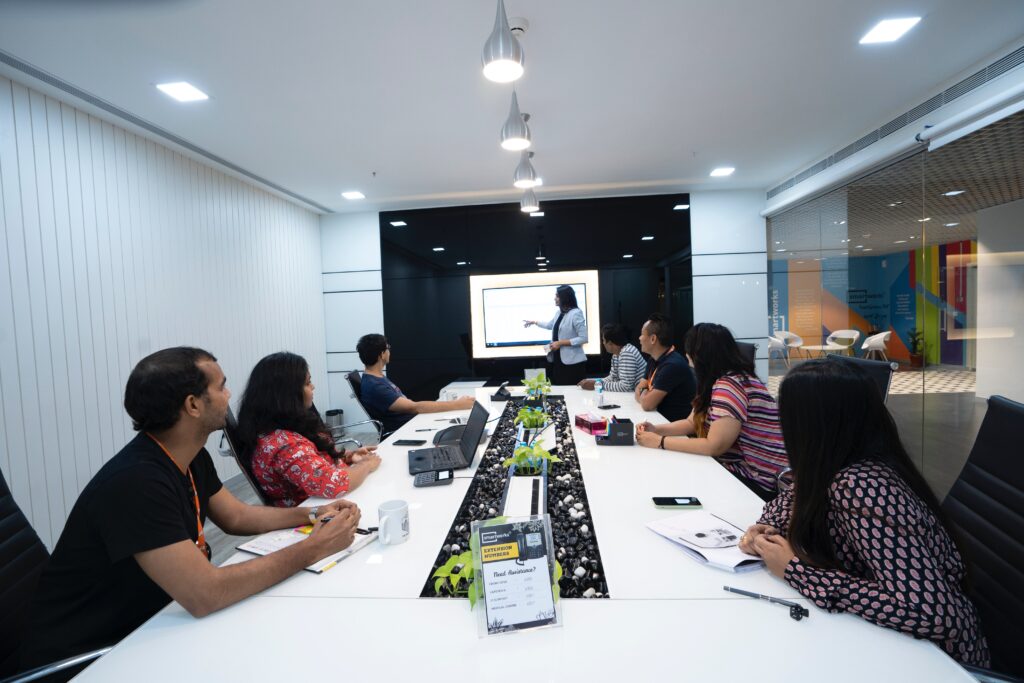Article research and collaboration by Bjorn Billhardt and Matthew Confer
As the global workforce embraces flexibility and employees settle into their reimagined roles post-pandemic, L&D professionals face a new set of growing pains. Learning and development programs no longer serve the purpose of employee education alone, and the need for talent retention and cohort-based learning will continue to grow in 2023.
As we reflect on the last 12 months and look to the future, five valuable trends that can benefit L&D professionals emerge.
Five trends that impacted L&D in 2022 and how they will develop in 2023:
1. Employees embraced more flexible work environments — L&D programs must adapt to the new normal.
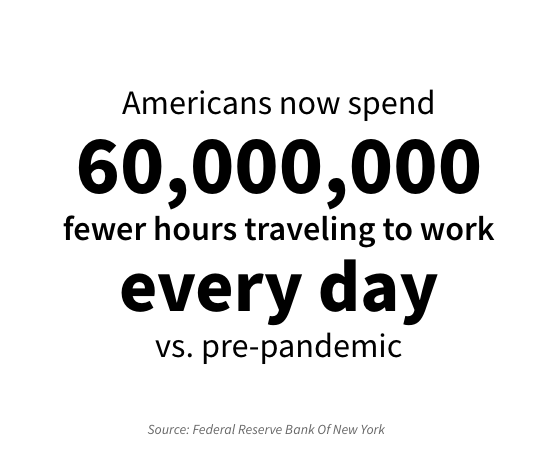
Employees continue to do their jobs outside the traditional 9-to-5 block while working asynchronously and often keeping different hours than their colleagues. This style of work allows for tasks to be completed in flexible, focused bursts throughout the day.
Non-linear workdays will likely become more commonplace as a result of job market demand — more workers are looking for greater flexibility and autonomy. In fact, 15% of the US workforce works remotely full-time and 30% maintains a hybrid schedule. We expect these trends to continue to accelerate, though not at the pace of the previous two years.
Given these changes, L&D professionals must prioritize engaging and impactful experiences in their learning programs that can be delivered virtually, in-person, or in hybrid modalities. At Abilitie, we’ve always emphasized cohort-based learning to build connection and community. Now more than ever, we believe team-based experiences will bridge any gaps created by physical location.
2. The job market has changed. Training can be a mechanism to retain top talent and be utilized as a recruitment tool.
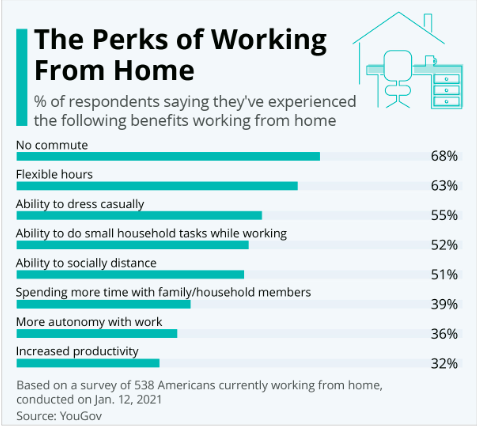
The job market is ever-changing, but 2022 saw an acceleration of quitting and people looking for new opportunities. Organizations that position training as a recruitment tool will outperform their counterparts in 2023.
Companies that embrace more flexible work environments must ensure their workplace culture is not sacrificed in the name of remote work. The absence of watercooler chats and kitchen lunches means participants will demand enriching experiences over simple knowledge transfer. L&D leaders have to then create additional touchpoints and opportunities for connection within and across teams.
76% of employees say they would actually stay at a company longer if they could benefit from additional learning and development support. Clearly, bringing employees to the office full-time or implementing a hybrid system requires a sound rationale and leadership development plan. Remote work without engaging leadership development opportunities results in employee retention suffering.
3. Critical business skills became even more important. Companies must look for innovative ways to enhance these skills internally.
Our clients tell us that enhancing existing business skills is a critical goal that took a backseat during the pandemic. Developing the existing, transferable skills of employees will be a focus for many companies in 2023.
One of our own experiments this past year was expanding our programs in a metaversal environment. In our 12-week mini-MBA program, we found that when you give a learner agency, their learning experience is more impactful. We utilized Gather to create a self-guided experience — and for many participants, walking around with an avatar through the student lounge to meet a colleague for virtual coffee or the faculty lounge to discuss a case study with a professor was a far more impactful experience than a traditional phone call or Zoom classroom.
This methodology has seen increases in participation, connections, and overall critical business skills like decision-making, communication, and teamwork. Conversations that mimic the watercooler chats of the traditional office can happen outside of the classroom, and participants can conduct asynchronous self-studies at 8 p.m. while sitting around a virtual table in their online campus. This always-on, virtual environment creates real-life interactions and learning experiences that are much harder to replicate in Teams or Zoom.
We believe empowering participants through a “learner agency” model will continue to change L&D programs in 2023 and help further develop the critical business skills companies are seeking.
4. Education inflation continues to cause individuals and companies to look for cost effective ways to deliver skill growth. As budgets tighten, L&D will benefit from judicious decision making that recognizes new remote work realities.
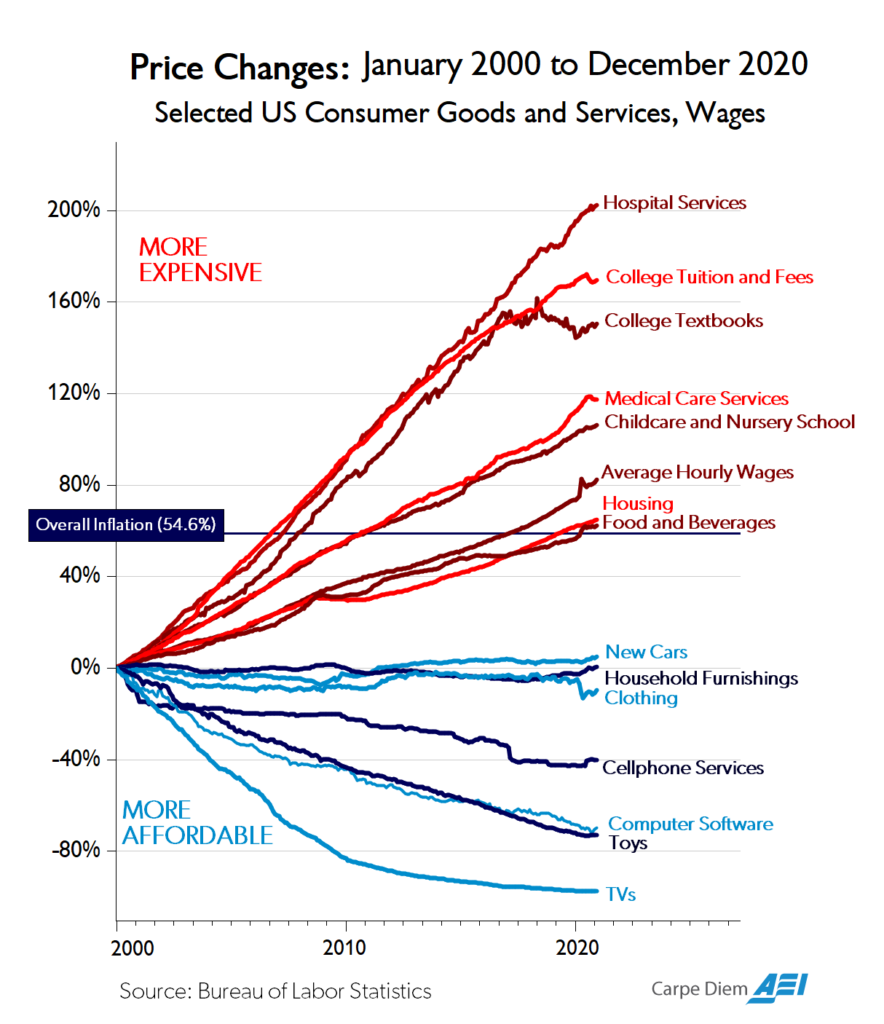
The general rise in prices is most acute in the healthcare services field but also in education. Companies are looking for more cost-effective ways to deliver the training and learning they need.
Human Resources and L&D play a critical role in engaging employees in a remote world and determining the success of the overall company. The majority of our clients have expanded or retained their HR departments and L&D budgets, despite economic turndown and the Great Resignation. In fact, the Bureau of Labor Statistics projects that employment for HR specialists will grow “8% from 2021 to 2031, faster than the average for all occupations.”
But because the larger economy is still teetering on some uncertainty, L&D leaders need to make judicious decisions that recognize these new remote work realities and make sure the business values the dollars being spent, especially if other areas experience budget cuts.
5. L&D programs have shifted from prioritizing knowledge transfer to longer formats that build company culture.
One trend we’ve seen over the last year is the need for more holistic learning and development programs. Instead of one-off trainings, where the focus is on skill building and knowledge transfer, we have seen a huge uptick in longer, team-based learning experiences. In fact, many of the experiences we create for our clients span multiple months to prioritize individual and group connections outside of the learning exercises.
This type of cohort-based learning experience has been our fastest-growing area of engagement. L&D professionals are now saying, “We don’t need to just transfer knowledge on business acumen and managing people. We need to also make sure that we are part of the culture equation.”
L&D leaders can accomplish this through longer format, multi-modal programs. Many of our cohort-based programs involve learning projects, where participants are challenged to deeply analyze problems alongside their peers. We utilize case studies that encourage interaction in addition to our award-winning business simulations. The combination of these elements has created high value experiences, and we’ve seen an uptick in the need for them among our clients.
We anticipate the appetite for longer format programs will grow with the demand for incorporating community into skills-based learning.
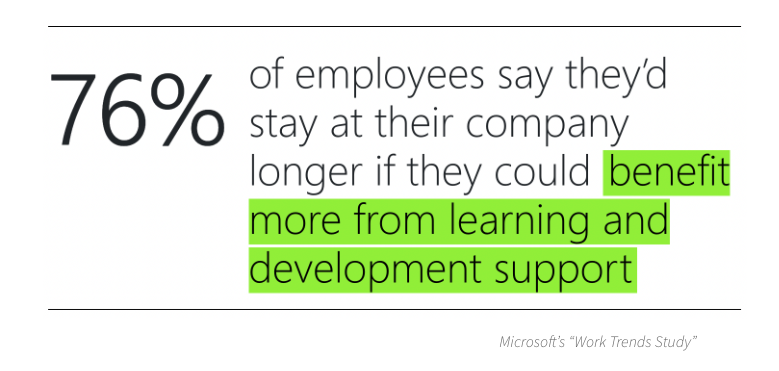
Customers of L&D — from companies to participants — will continue to demand experiences over knowledge transfer in 2023. To build better learning programs in the new year, L&D leaders must prioritize building connections and community.
To learn more about how we prioritize practice at Abilitie, click here.





